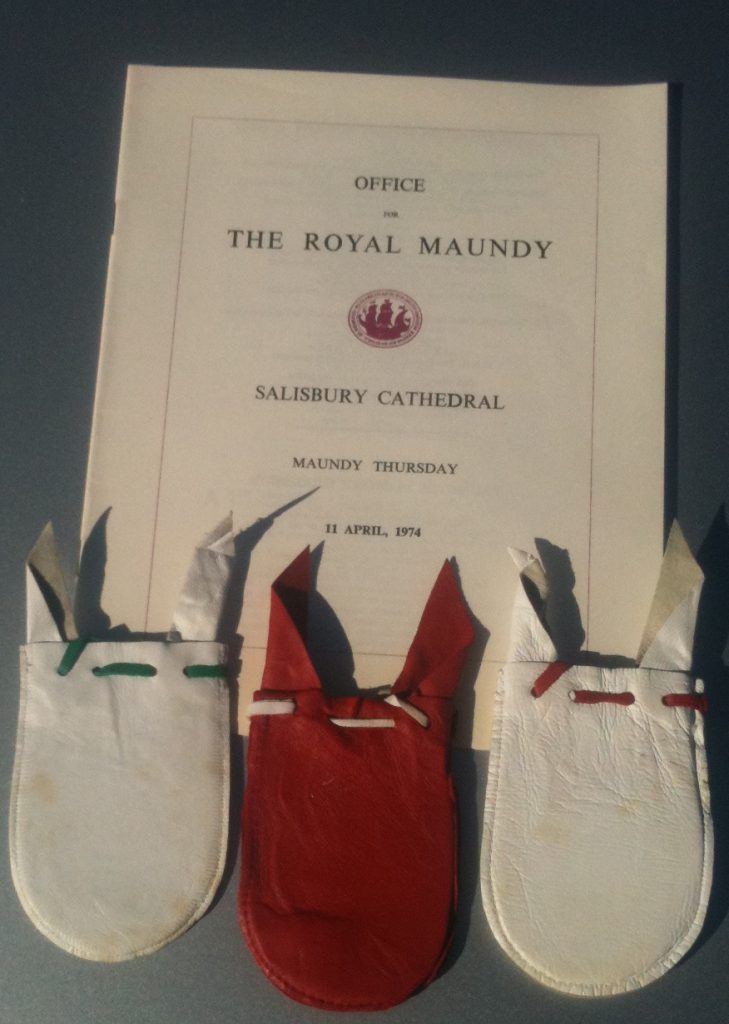88 pence that you won’t find in your change…
Maundy Thursday is a key day during the Easter week. It commemorates Jesus Christ’s last supper on the day before his crucifixion.
A Church service known as Royal Maundy takes place each year on this day, and is inspired by the generosity shown by Jesus in washing the feet of his disciples shortly before his death. The origins of the ceremony can be traced back to the Middle Ages, when English monarchs would wash the feet of beggars and offer gifts of food and clothing in imitation of Jesus. King John was the first to give to the poor on Maundy Thursday and by the early 14th century, it had become customary for the sovereign to provide a meal, together with gifts of food and clothing.
Sharing the Wealth
For numismatists, the day has added significance in the form of Maundy money which is given out by the reigning monarch each year at the service.
The tradition of giving out money began with Charles II, with the first set of Maundy coins consisting of a four penny, three penny, two penny and a penny. The coins have remained in much the same form since then, and are traditionally struck in sterling silver.
At the Royal Maundy ceremony, the reigning monarch hands each recipient two small leather string purses – one white, one red. The red purse contains ordinary coinage as money (in lieu of the food and clothing which was offered years ago) and the white contains silver Maundy coins. The Maundy coins total the age of the King or Queen in pence, so this year each white purse will contain 88 pence as this year’s service is in the Queen’s 88th birthday year.

A chosen few
Nowadays it is not the poor who are the recipients of this gift, but specially chosen members of the public in recognition of the service they have given to the Church and local community.
The number of men and women receiving Maundy Money also equals the age of the sovereign during the year, and since the reign of George I, the recipients have been an equal number of men and women. For example, in 2015 there were 88 men and 88 women from Lancashire who were nominated to receive 88 pence in Maundy coins.
The tradition and heritage behind Maundy money makes them among the most sought-after coins in British numismatic history. Their owners are part of an exclusive club which dates back centuries, and they still exemplify the generosity and selfless work of the Church during this, the most important week in the Christian calendar.
If you’re interested in coin collecting, our Change Checker web app is completely free to use and allows users to:
– Find and identify the coins in their pocket
– Collect and track the coins they have
– Swap their spare coins with other Change Checkers

Sign up today at: www.changechecker.org/app

